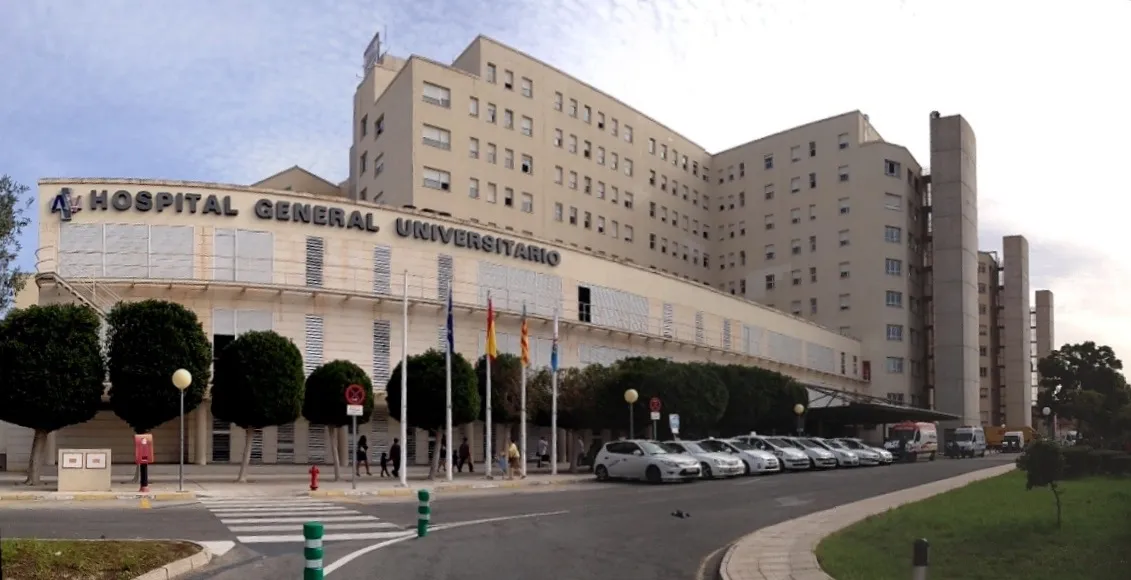The Diabetes Unit of the Pediatric Section of the General Hospital of Alicante has obtained the excellent quality certification for the process of treatment of diabetic children with insulin pumps and has become the only center that obtains that award throughout the Valencian Community.
Specifically, the treatment organization is carried out through a continuous subcutaneous infusion of insulin (ICSI) in children with type 1 diabetes and quality accreditation is granted by the independent evaluation agency of DNV-GL health processes, as reportedhospital sources.
The only hospital that has this certification, together with the general, is Ramón and Cajal in Madrid.According to the World Health Organization, diabetes is considered an epidemic and 10 percent of its cases are type 1, diagnosing each year in the Community between 16 and 17 new cases per 100,000 children under 15 years.
most early
In recent years, its manifestation occurs more early because it is now common for children under six years of age, which has also made diabetes became the second most frequent chronic disease in childhood.
While type 2 diabetes is related to obesity, that of type 1 is produced by a destruction of cells that produce insulin, which derives in hypoglycemia that, if not treated and maintained over time, can cause thelesion of the walls of the blood vessels and, subsequently, a deterioration of the irrigation of the organs.Therefore, it is essential to maintain the glycemia values as close to their normal figures, for which it is necessary to quantify the amount of sugars that will reach the blood after each meal and administer the corresponding insulin.
In this way, diabetes patients need to perform between six and ten daily blood glymia controls, so insulin pump treatment implies the "most advanced and complex forms" to control the disease.It is a device connected to a teflon catheter inserted subcutaneously in the fat of the abdominal wall;The bomb manages insulin continuously 24 hours a day and can be scheduled in different ways to adapt.


